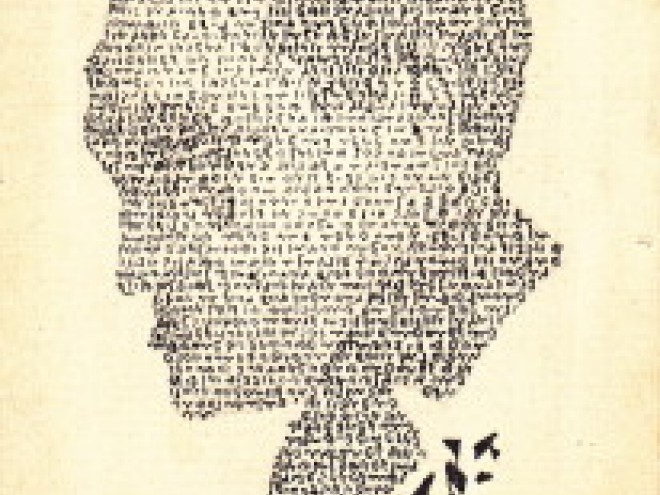Norbert Hirschhorn studied thousands of Yiddish folksongs before he began to translate the poems in this book. Many of them are true to their original form and can be found for the reader’s listening pleasure on the Internet, as Hirschhorn helpfully details. Several of the songs, however, needed reworking in order to connect fragments that do not easily translate to English but convey the most accurate essence of their original verse form. Hirschhorn takes on this difficult task with a love for the Yiddish culture and “fiddler’s song,” discernable throughout these verses.
The poetry in To Sing Away the Darkest Days is bittersweet but not in our usual sense of that adjective: the bitter poverty and suffering of Jewish life turns to sweet appreciation of life that is nothing short of miraculous. In “From My Mouth” the singer is the “destitute widow, daughter of Zion” who describes how she whispers to her baby daughter that foraging for scraps in the market like a goat is not to be her future; instead she will have her own cart to sell onions and become rich — this is her prayer “from my mouth to His ear.” In “Making A Living” the tailor, the cobbler, and the shoemaker speak for all: “I drag around my poverty and bless the Creator.” The persona of “Abecedarian for the Workers of the World” starkly points out the differences between the rich and the poor workers with remarkable acceptance, evident also in the song “Sleep My Child,” a combination of commentary by Sholem Aleichem and Mitchell Kaplan — the former extolling the dream of those who wait for spouses to send money to travel to America and the latter intoning the poverty and struggles of the father living on charity in America and hoping to borrow money to send for his family. Norbert Hirschhorn enriches the Jewish legacy of finding relief from troubled times through song, a wonder for readers to experience themselves by relishing each of these folksongs in written and musical form in this remarkable literary and cultural presentation.
Related content:
- A Yiddishist in Vilnius by Steve Stern
- A Poem: The Quantam Rabbi by Norbert Hirchshorn
- Songs from the Garden of Eden: Jewish Lullabies and Nursery Rhymes by Nathalie Soussana





